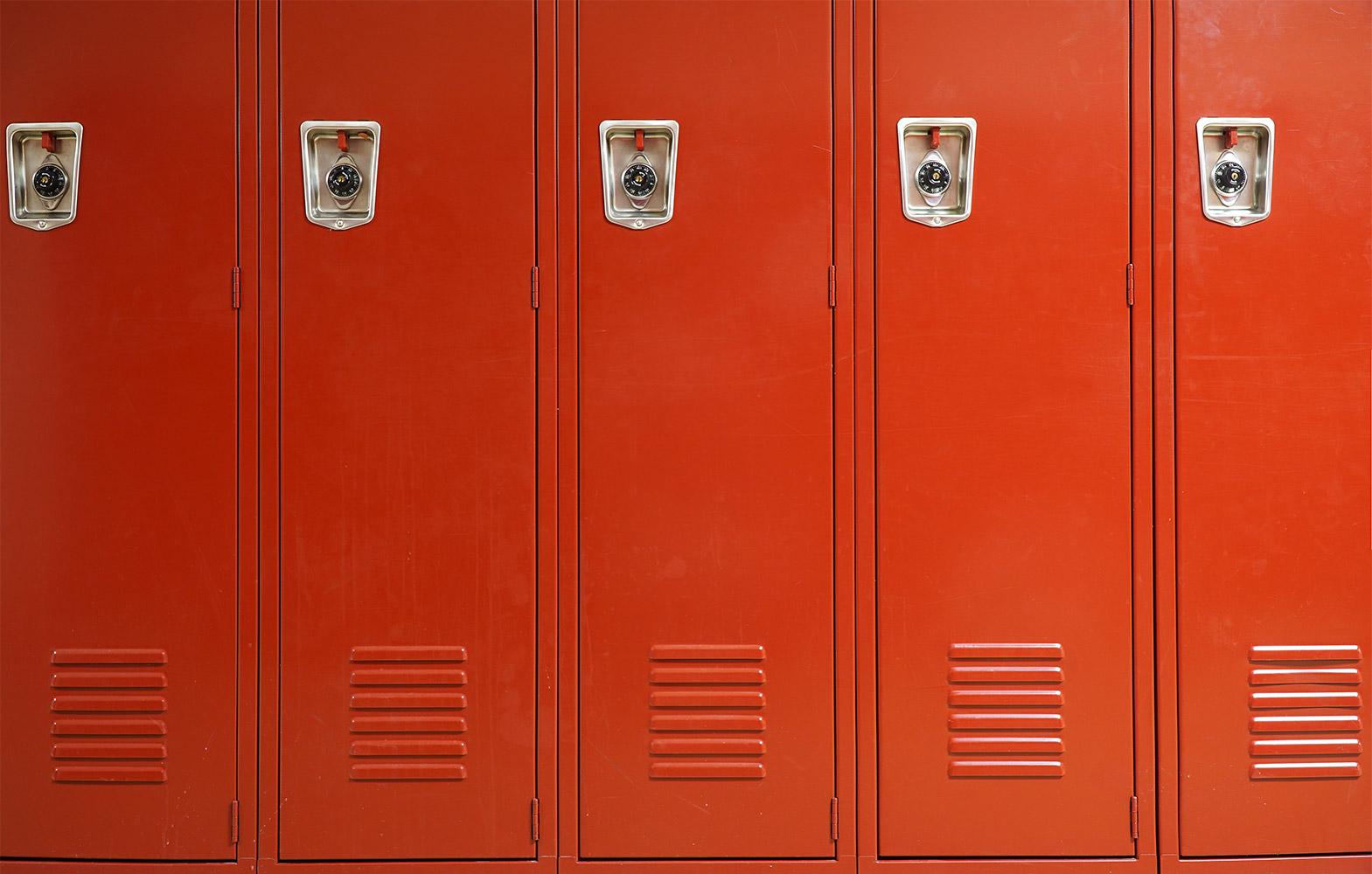
6th Grade Camp Oct. 12th - 14th
McCord Messenger - 29 Days Until We Go to Camp Nuhop
Parent Meeting - September 26, 2022 @ 7:00 pm
You can click on the link below to preview the presentation that Sarah will cover during the parent meeting on September 26th, beginning @ 7:00 pm in our cafe space. Sarah will also be available to answer any questions you may have during the meeting. I included a little information about Sarah below as well as her contact information.
Sarah Kronz
Director of Outdoor Education
BFA in sculpture and painting at Kent State University
Nature Name: Rainbow
Favorite Aspect of Nature:
There are always new things to see and learn in the woods. Exploring the natural world with all of the senses is always a fulfilling and exciting experience.
Why do you want to work with kids at Nuhop?
Most children do not get enough opportunities in their daily lives to explore, play, and express curiosity. I am very fond of giving children those chances to have fun while learning and growing in the outdoors.
Sarah Kronz
Canoeing (2 hours - may be flexible depending on your location and # of students)
In this class, students will start by learning basic canoeing skills and safety. After learning parts of the canoe, basic strokes, and safe boating practices, students will get into groups of two or three and canoe on Pleasant Hill Lake (Pine) or in the Hemlock pond (Hemlock). This class is weather dependent.
Initiatives (Team building) (1 hour or 2 hours)
Target Sports (1 hour or 2 hours) - Archey at Pine / Axe throwing at Hemlock
Ropes Course
Geology Rocks! (1 hour or 2 hours)
Powering the Planet (1 hour)
Stream Study A - Human Impact (1 hour or 2 hours)
Fishing (1 hour)
Survival Skills (1 hour, 2 hours, or 4 hours)
Dining Areas @ Nuhop
Menu - Camp Nuhop 10/12- 10/14
Day 1: Lunch on own (brown bag)
Dinner: Taco Bar *no sides
Snack
Day 2: Breakfast: Scrambled Eggs/Bacon *includes cereal bar, fruit and yogurt
Lunch: Chicken Tenders and FF *includes fruit, dessert, and salad bar
Dinner: Pizza and Chips, Green Beans *includes bread, dessert, salad bar
Snack
Day 3: Breakfast: Pancakes/Sausage *includes cereal bar, fruit and yogurt
Lunch: Hamburgers and Tater Tots *includes fruit, dessert, and salad barAll Items Labeled & Packed in This Manner
Purchase the Mesh Bags Your Student Needs Below
These Things Are Necessary
- Enough clean, comfortable, weather appropriate clothing for the entire length of your stay (warm and cold weather gear)
- Consider the weather when packing. A warm coat, gloves, and a hat may be needed while other times a pair of shorts are appropriate.
- Raincoat/poncho for rainy weather
- Comfortable, closed-toed shoes and a few extra pairs of socks. An extra pair of boots or shoes can be very helpful. Crocs do not count as closed-toed shoes. Avoid them.
- Clean clothes/pajamas to sleep in.
- Sleeping bag and pillow OR Blanket, twin sheets, and pillow.
- Towel, and toiletries: Soap, Shampoo, Toothbrush, Toothpaste, etc.
- Reusable Water bottle
- Two extra, clean garbage bags for dirty laundry and dirty shoes (Pre-labeled with student's name)
- Medications currently taken by your student. (See instructions on separate page) These items will be turned in at school before students arrive at camp
These Things Are Optional
- Chapstick
- Sunscreen and Bug Spray
- Flashlight
- Hiking boots
- Flip flops, slides, or crocs for showering and in-cabin use ONLY
Do Not Bring
- Weapons (please leave your pocket/survival knives at home)
- Money (there’s nothing here to spend it on)
- Anything that requires electricity or batteries (no phones, no curling irons, no microwaves) NOTE: Medical devices are an exception. Students who use a phone to monitor diabetes must bring their phone
- Candy, gum, soda, snacks for the cabin. Note: We are a nut-free facility. If a student needs to bring snacks for a medical purpose, please contact us for details about supplemental food protocol.
- Extra OTC medication (we have a stocked infirmary).
- Jewelry or other expensive or important items. (If you can’t bear to lose it, break it or get it dirty, think twice before you bring it to camp. We will not be refunding lost items)
McCord Middle School
Email: mkuri@wscloud.org
Website: https://www.worthington.k12.oh.us/Domain/11
Location: 1500 Hard Road, Columbus, OH, USA
Phone: (614)450-4000
Facebook: https://www.facebook.com/groups/McCordPTA/
Twitter: @McCordMiddle















